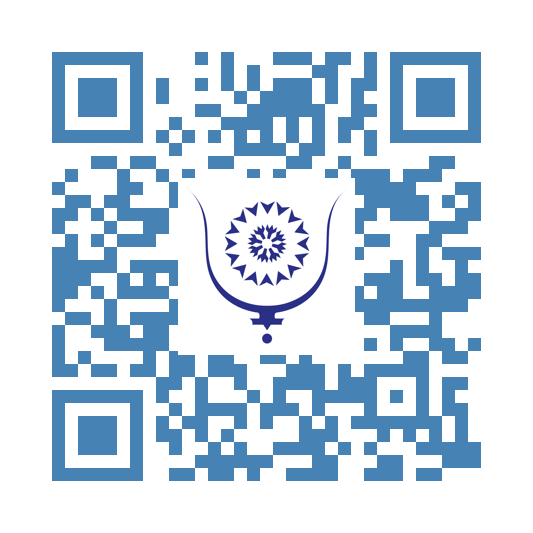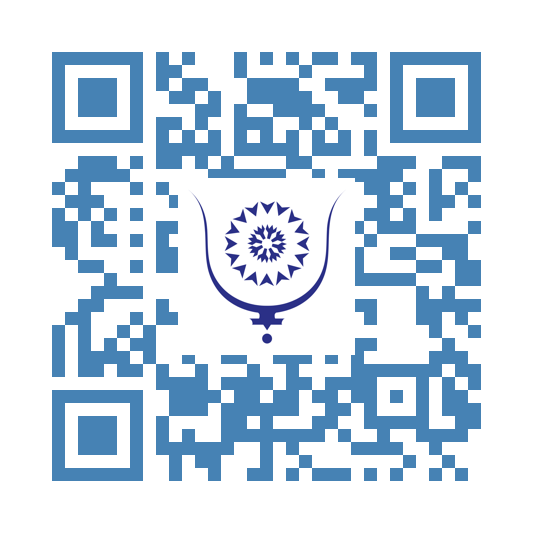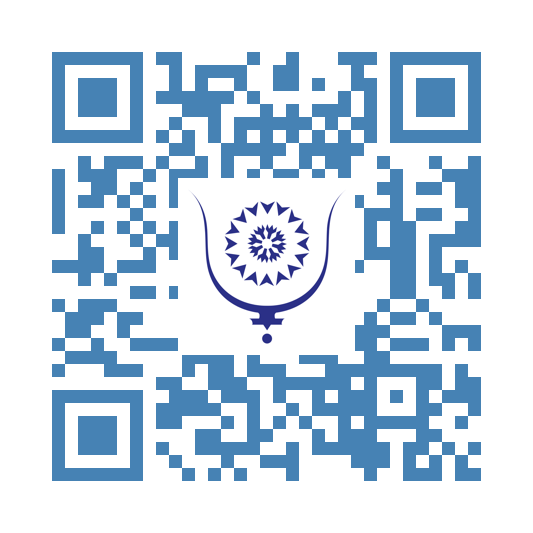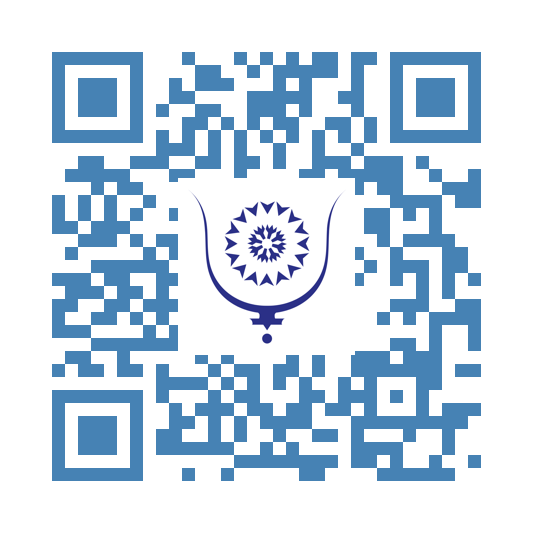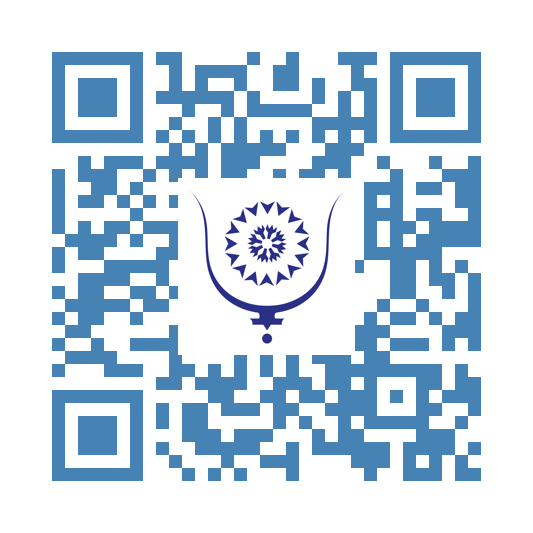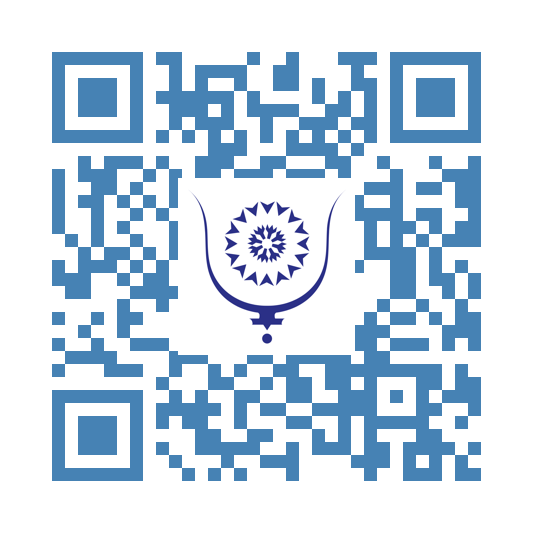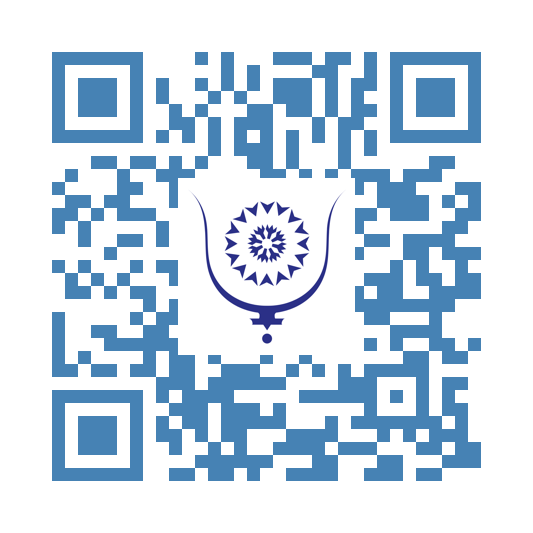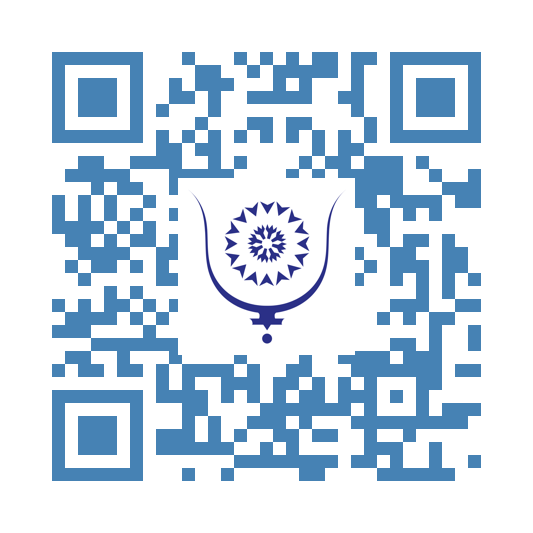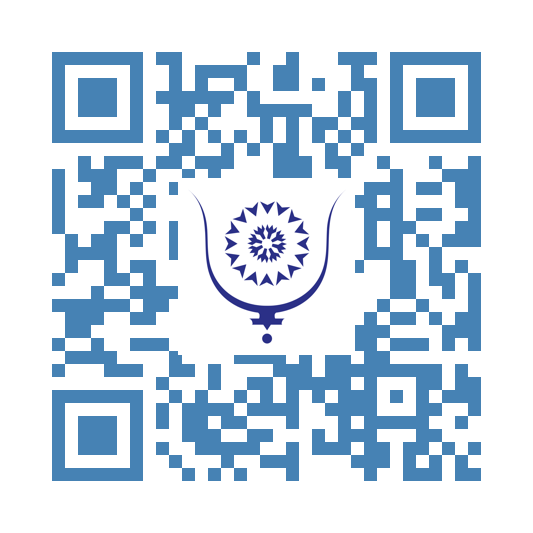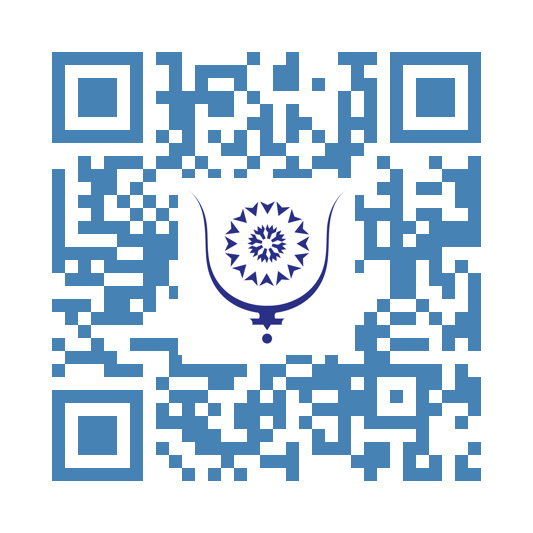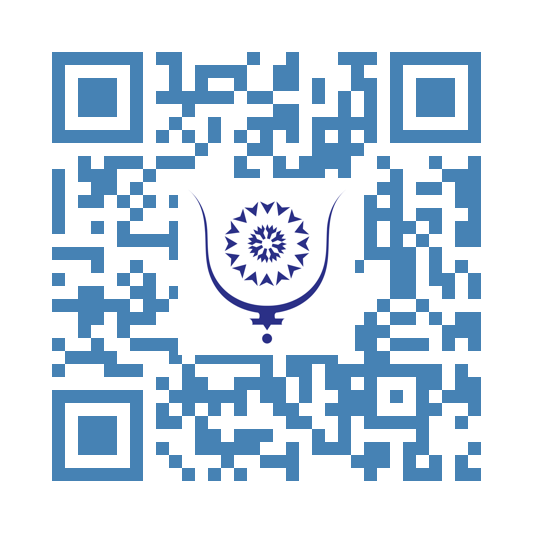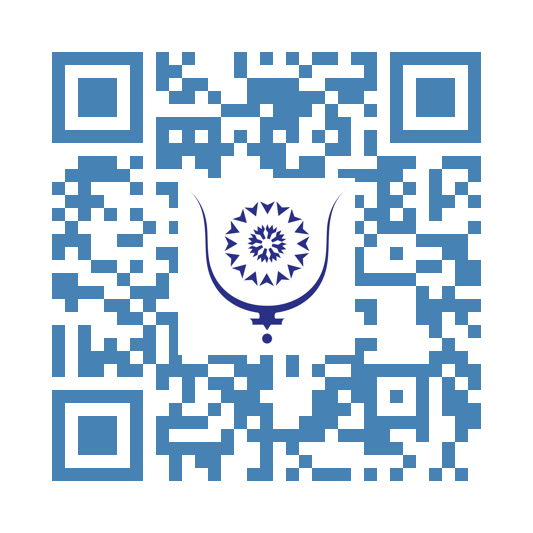Ahmed Faras: The Eternal Legend of Moroccan Football 18127
I have been fortunate enough to know Ahmed Faras. It is unbearable for me to speak of him in the past tense, someone who has been part of my life for so long. It had been ages since he last touched a ball. Few are still alive who saw him play, those who, match after match, would await his dribble, his runs down the wing, his shot, his goal.
Faras was an outstanding man, with an incredible shyness and reserve. Even when present somewhere, he was always on the sidelines: discreet, courteous, kind, with deep sensitivity, affection, and great touchiness.
But Faras will always be part of the present. He is a true legend of Moroccan and African football; legends never die.
Fedala saw him born in the cold of December 1947. Mohammedia would be his city and Chabab his eternal club. At the time, there was no such thing as a transfer market, no migrations, no football mercenary spirit. You were born in a club, learned to play there, and you stayed. His temperament was not that of a typical striker: there was no aggressiveness, no cunning. He compensated with his genius and never needed to dive or roll on the ground to sway a referee or create confusion. His genius spared him all that. He was an exceptional striker who marked the history of Moroccan and continental football. The turf at El Bachir football stadium helped him, at that time, it was the best in Morocco.
Ahmed Faras was the product of a generation shaped by the structured environment of the youth sports schools run by the Ministry of Youth and Sports, a system supposedly dismantled by so-called administrative and political reforms. Yet, it was there that Morocco's champions were formed, across all sports. His early path was marked by the guidance of renowned trainers such as Lakhmiri, who helped shape numerous Moroccan talents. This solid foundation allowed him to develop technical skills and a sense of teamwork very early on, which would become hallmarks of his play.
Ahmed Faras spent his entire career at Chabab Mohammedia, from 1965 to 1982, never having a professional contract—such things didn’t exist in Morocco then. There’s no need to mention signing bonuses or performance awards, even with the national team. His loyalty to Chabab is remarkable. He would lead the club to a Moroccan championship and become its top scorer. He would bring along with him his playing friends—Acila, Glaoua, Haddadi, and many more.
Faras was a pillar of the Moroccan national team. With 36 goals in 94 caps, what a historic scorer for the Atlas Lions! He captained the national team for eight years, playing in the 1970 World Cup in Mexico and the 1972 Munich Olympic Games.
In 1975, Ahmed Faras entered the legend by becoming the first Moroccan to win the African Ballon d’Or, an award that underlined the quality and consistency of his play. This distinction placed him among the greatest players on the continent, competing with the top African stars of his era. There was talk of a transfer to Real Madrid...but at the time Moroccan league players were barred from moving abroad under penalty of losing their place in the national team. The idea was, thus, to strengthen the domestic league...
The peak of his career was surely the 1976 Africa Cup of Nations (CAN), won by Morocco in Ethiopia. Faras was the leader on the pitch, the tournament’s top scorer, and his influence was decisive for this historic triumph—the only major African title that Morocco has ever won. He scored crucial goals against Nigeria and Egypt in that tournament, perfectly embodying the role of playmaker and team leader on the field. To this day, he remains the only Moroccan captain ever to lift the coveted African trophy.
I have been a few times to that ground in Addis Ababa where he lifted the trophy, and every time, his image dominates my thoughts. An indelible black-and-white, forever etched in the history of the Kingdom and in the memory of Moroccans who followed the match at the time through the voice of one Ahmed Elgharbi...no live broadcasts back then.
He was a respected and heeded captain, guided by great coaches: Abdelkader Lakhmiri, Blagoe Vidinic, Abdellah Settati, Jabrane, and especially Gheorghe Mardarescu during that epic campaign in the land of Emperor Haile Selassie. His charisma and vision of the game were crucial in unifying the team and leading them to the summit of African football. Faras embodied the spirit of conquest and national pride throughout the tournament. The squad was selected and led by an outstanding manager as well Colonel Mehdi Belmejdoub.
His name is forever bound to that legendary achievement, a symbol of the potential of Moroccan football when guided by exemplary leadership, committed and knowledgeable managers, and players who were true warriors for their jersey’s colors.
Ahmed Faras was not just a talented player. After his retirement, he continued to share his passion, getting involved in youth training, passing on his knowledge and love for the game to the new generation. He has been a source of inspiration for so many generations of players.
Knowing Lhaj Ahmed Faras meant knowing a symbol of loyalty, talent, and unique leadership in Moroccan sports. His name will forever remain inscribed in collective memory as that of a football giant, whose legacy goes beyond sport to inspire entire generations.
Rest in peace, my friend. One day, a great football stadium in this country will bear your name, and it will be fitting, if the players follow your example, honor your career, and if the public rises to your greatness, paying tribute to your distinguished name.
So Lhaj Ahmed Faras, if you ever meet Acila up there, ask him to give you another nice pass, and tell Glaoua to defend well...
Know that your star shines and will always shine above us in the sky of the beautiful country you cherished so much.
---

